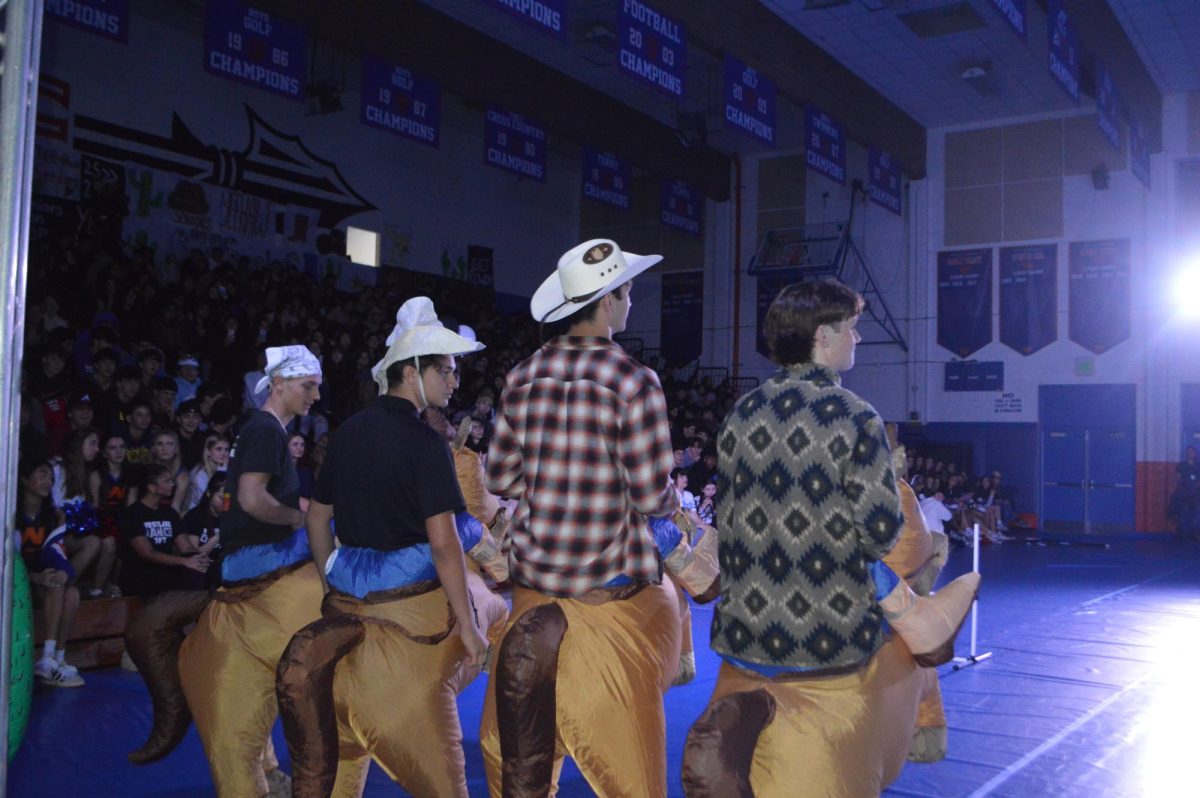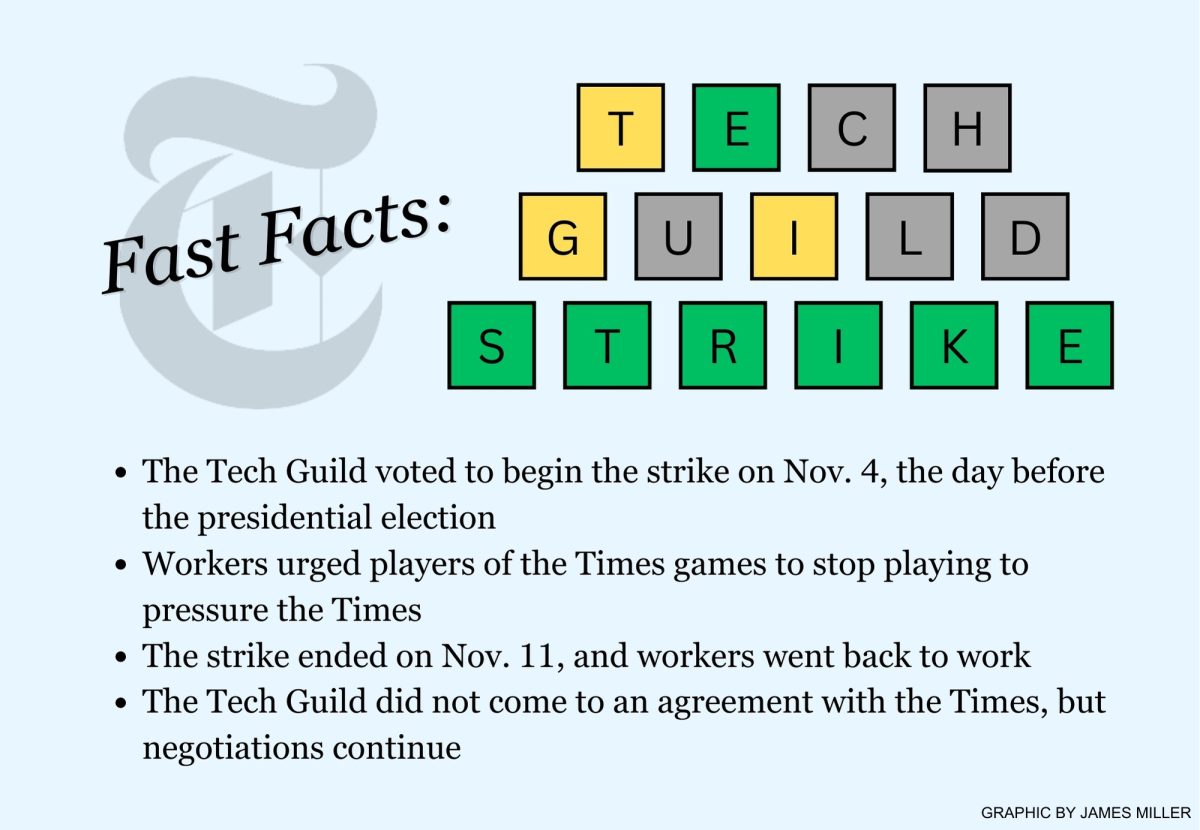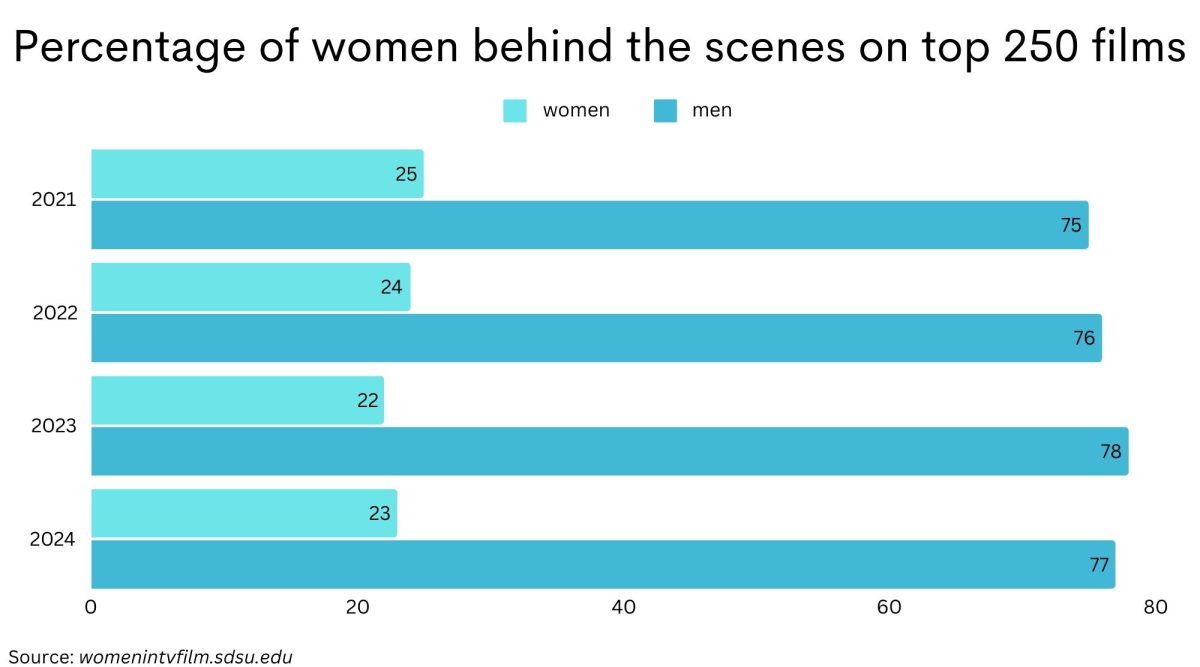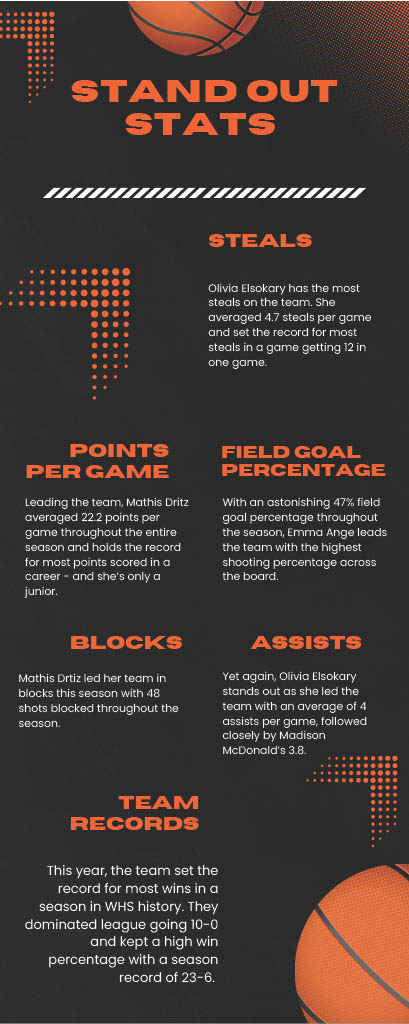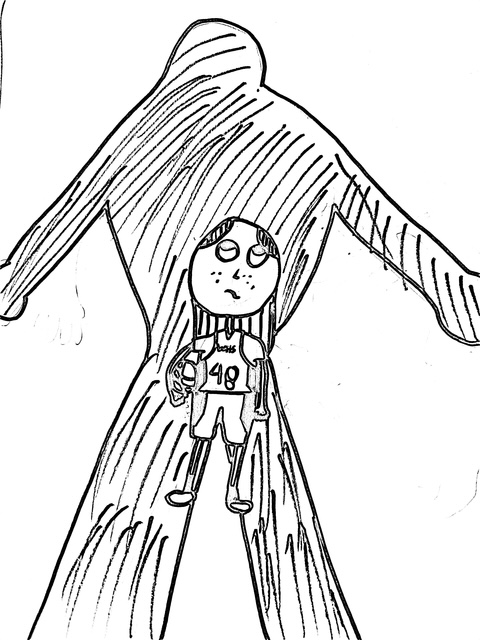
The path to becoming a college athlete can be daunting. Fear and doubt may be present but the mentality of an athlete can carry a long way on and off the field. Many high school student–athletes may wonder what it takes on and off the field to get recognized at the collegiate level, and WHS’s own have their journeys to share.
One aspect of playing at the next level is an athlete’s physical and mental talents. However, presentation off the court, personal brand, networking through emails and mindset are all key contributions.
“You need to be relentless,” said Tahirih Vahdat ‘25, University of California, Riverside soccer commit. “You need to keep sending out emails and highlighting yourself. No one’s going to advocate for you harder than yourself. You need to remember you deserve to at least have the chance to be recognized, no matter what the level of sport is.”
Consistency and dedication are essential. Success is not created overnight but through repeated habits. For example, an athlete practices routinely every week to improve their skills; outside of playing, athletes must also routinely reach out to coaches and have a system of sending out emails to get recognized.
“If you want to compete at the collegiate level, you have to reach out,” said Claudia Turner ‘25, University of California, Santa Barbara track and field commit. “Don’t worry about being annoying. Don’t feel like you’re overdoing it because you’re not. The truth is you just have to keep your name at the top of that list. You may send forty emails and get two responses back, but that doesn’t mean you stop sending emails to forty more schools. For me, I sent emails year round and probably only got responses half the time.”
Being a student athlete is very time consuming and requires self discipline and time management. Balancing academic performance, excellence in their sport, maintaining relationships and taking time for themselves can be hard; however, developing the skill set to manage all components of life is part of being a high level athlete.
“Grades can also put you on the radar because it’s very hard to be a good student athlete,” said Vahdat. “For Riverside, they knew they wouldn’t have to worry about me maintaining the GPA that would be required for me to continue playing for them.”
There are a lot of unknowns in being recruited. Many aspects of the process are not in the control of athletes, but there is a lot that within themselves that prospects can control.
“You can’t control if [a coach] is going to want you or not,” said Mason Charles ‘25, University of San Diego football commit. “[All you can do is] show your best self and your true self. Make sure they want your true self [and] not to provide a false identity to the coaches because once you get there the real you is going to [show]. Don’t put your head down, and just keep going. The recruiting process is usually very slow.”
Being a high–performing athlete makes a student stand out but so does being a good teammate. Coaches look for more than a physically capable athlete; they search for leaders, player adaptability and good virtues.
“Above everything, you need to remember that you are a part of a team, and you need to be a good teammate,” said Vahdat. “Coaches will recognize when you’re not on the field and you’re on the bench, but you’re cheering your team on, you’re not quiet and your head’s not down. Your body language is [so important].”
WHS athletes share that the overall key parts of the recruiting process and attaining playing at the collegiate level is being relentless, having good character and always believing in themselves.
“It’s the choices you make,” said Vahdat. “It’s the effort you put in. No one is going to make you work hard. You need to work hard for yourself.”

